
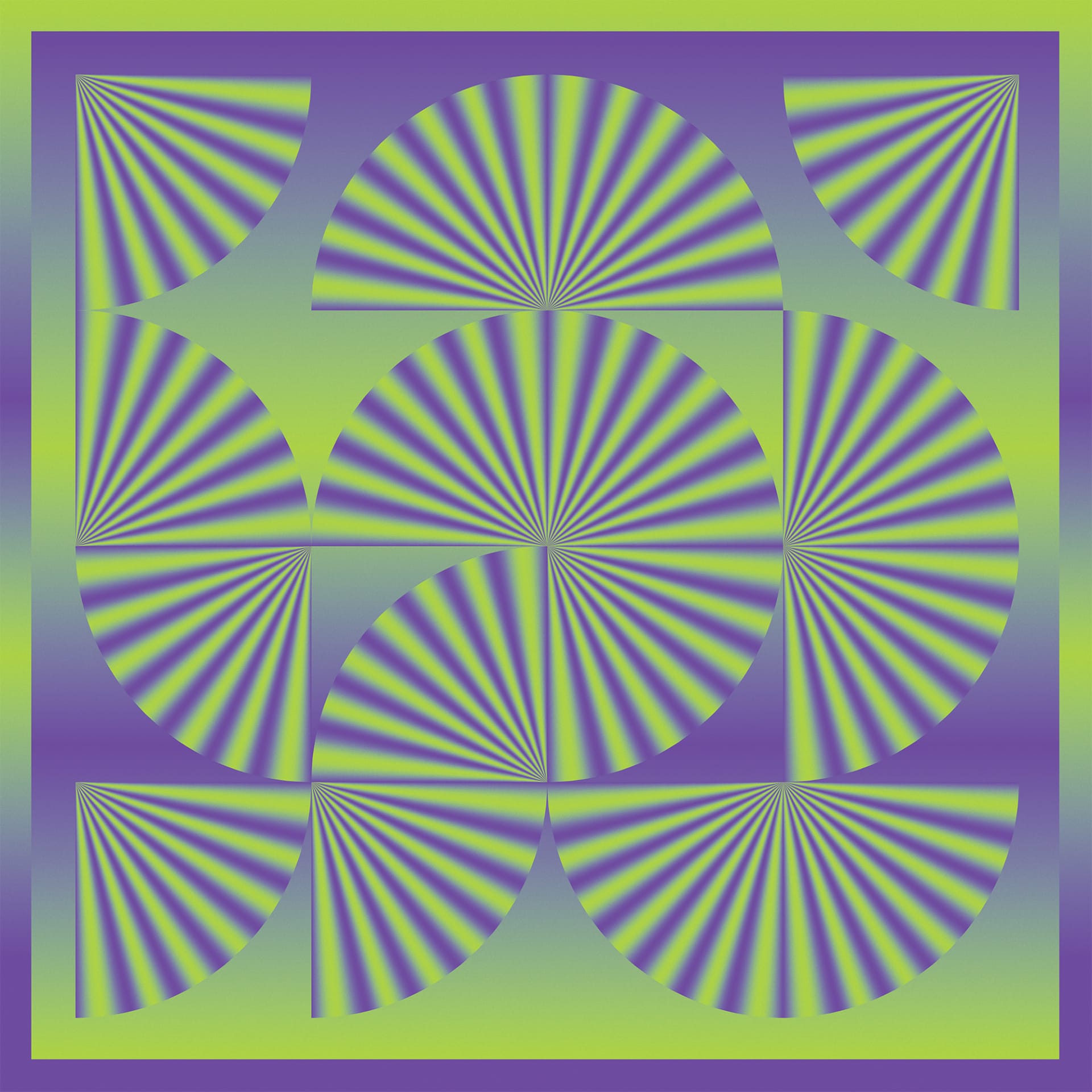
Leonce’s “Multiplexing” is the Big Room Techno Track to Build Anticipation
The Atlanta-based producer describes the production as a minimal "DJ tool," ideal for layering into a peak-time club moment.
Leonce took a conscious step back from music in the months leading up to January 5th, the date of Georgia’s runoff election for the U.S. Senate. It was the Atlanta-based DJ and producer’s first time canvassing the streets of his adopted home, checking city contacts and registering new voters—a “really rewarding” civic experience, he says. When Stacey Abrams—the Black woman largely credited for securing Joe Biden’s win in Georgia—ran for governor in 2018 and lost in what would be the closest gubernatorial election in the state’s history, Leonce confessed he had been swamped organizing his ATL is Burning Ball with Red Bull Music. Lack of time ultimately stands in the way of many citizens, including electronic musicians, engaging with the political process—with the exception of this year and last. This time around, Leonce wasn’t about to leave the results up to the fates. In part due to his door-to-door efforts, Georgia secured two Democrats for the Washington seats: the state’s first Black senator Raphael Warnock and it’s first Jewish senator Jon Ossoff.
His busy schedule permitting, Leonce carved out the hours to create “Multiplexing,” a big room techno track—although not one in the typical sense. When he first started throwing parties around Atlanta under the club concept and label MORPH, he and his co-founder JSPORT were playing to inconsistent crowds, but renamed their night to Dirty South Rave and persisted until they succeeded in packing the house with 500 to 1,000 guests. Their crew is now a well-known city fixture—Leonce once even received props from his Uber Eats driver. Where he previously released music under Los Angeles underground imprint Fade to Mind and its sister label Night Slugs, he now often debuts his original productions and refixes on his own imprint, all finely tuned from the real time reactions of his loyal ATL contingent. Their ecstatic whoops and hollers in response to new tracks never lie. His FWD Transmissions submission, however, is self-described as a “classically-styled tool for DJs.” What he means by this is “basically anything that can create a sustained moment in a set that develops the general story,” he says. “I like to find peaks and drops and different sections that really engage the crowd and lets them know that I’m here.”
-
Leonce - Multiplexing


“Multiplexing” falls into the portion of his output dedicated to stripped-back, predictable patterns, so “what happens around the core ideas of the song is dependent on whatever other layers the DJ is using,” Leonce tells me. The five-minute production brings interchanging key progressions with touches of sprite hi-hats and brisk claps into a crescendoing sense of anticipation, clearly intended to find its sweet release in a selector’s subsequent track. He explains to me that it’s a reaction against the dark, relentless sounds of contemporary techno, harking back to Jeff Mills-era of techno and mixing. Leonce first discovered the artist when he was 18 years old (his favorite mix being Mill’s performance at Saitama Arena, Japan), and found his approach to techno in the early aughts to be a revelatory and improbable weave of funky, minimal, industrial, and melodic elements. “It’s not a type of style many people do because it’s a very technical and demanding to play with so many different personalities at the same time,” Leonce explains. “So when I play techno, I try to embody my favorite characteristics of his.”
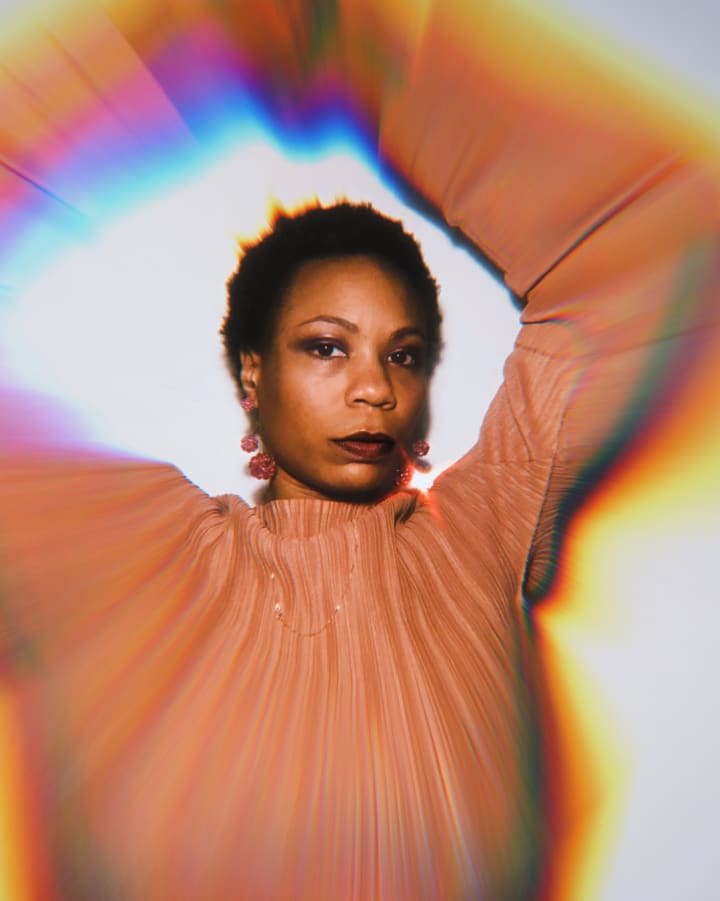
Sophie Douala, Leonce’s Berlin-based collaborator for FWD Transmissions, translated what she interpreted as “trippy yet bewitching” rhythms underpinning “Multiplexing” into a psychedelic visual aesthetic. The neon greens and dark blues splayed over semi and half circular fans in her graphics take on a lambent sheen, as if to trick the eyes into an optical illusion. The color combination, she says, feels “like a day versus night [ambiance] but a bit distorted by the long hours dancing, lost in time.” Together, Leonce and Douala present a project indicative of the current moment—a statement that holds onto the gradual build of a night and the expectancy of inevitable release, meanwhile maintaining a sense of uncertainty of when exactly it will come.
Whitney Wei is the Editor-in-Chief of Electronic Beats. Find her on Instagram here.
Published January 15, 2021. Words by Whitney Wei.








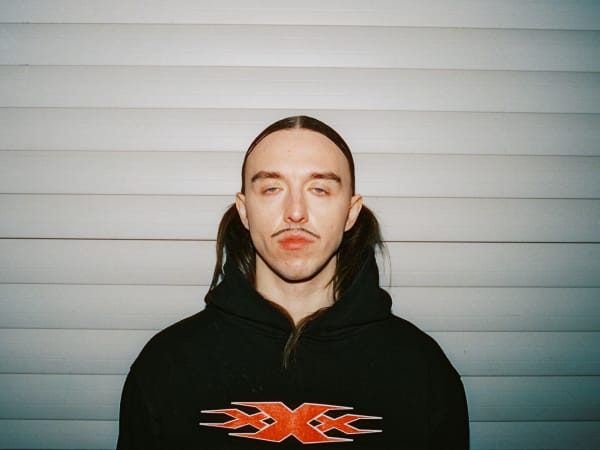
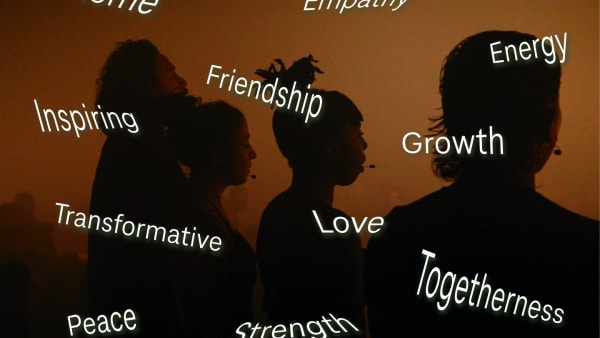

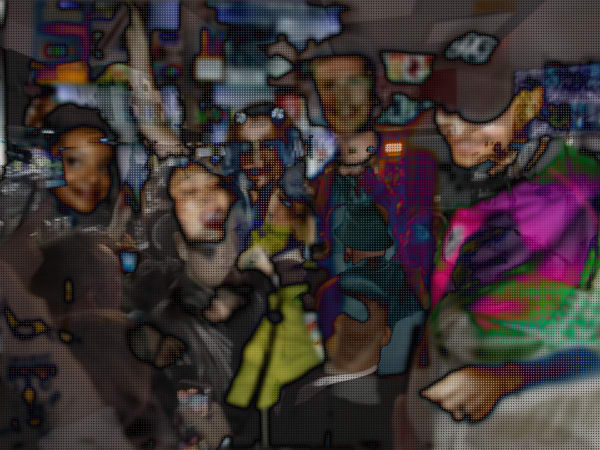





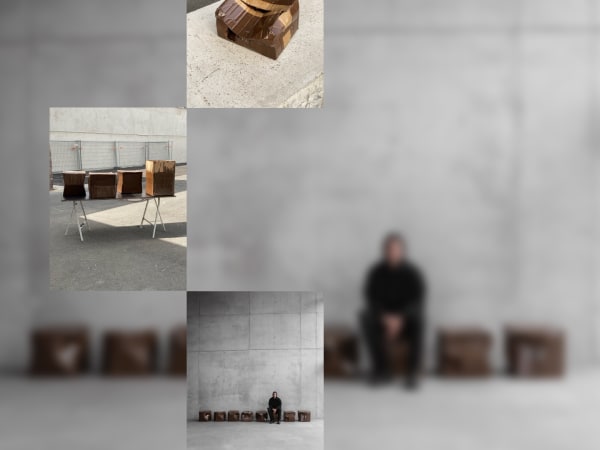


Follow @electronicbeats